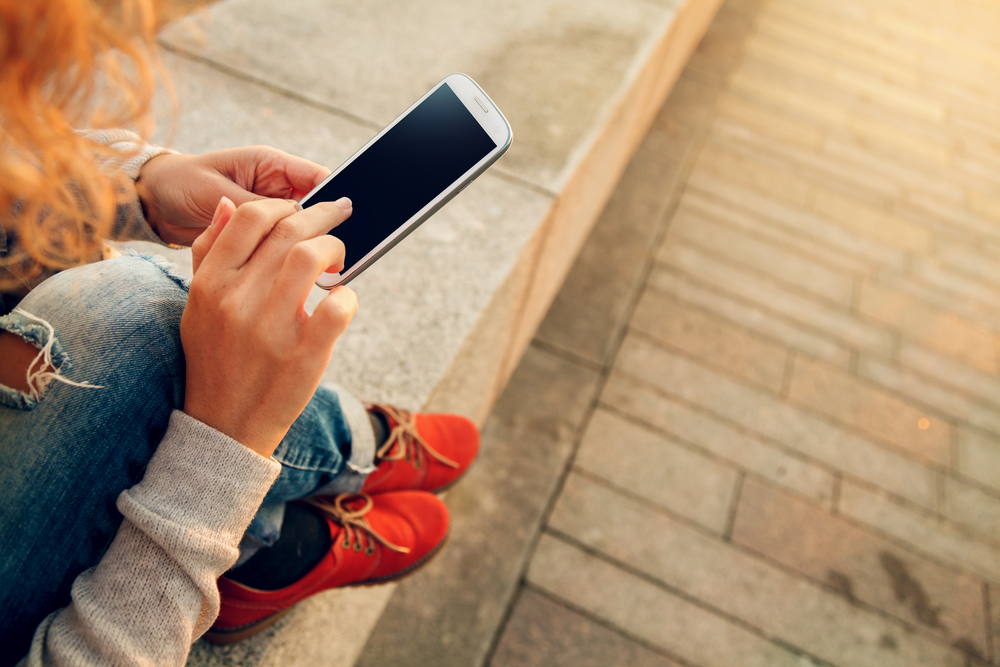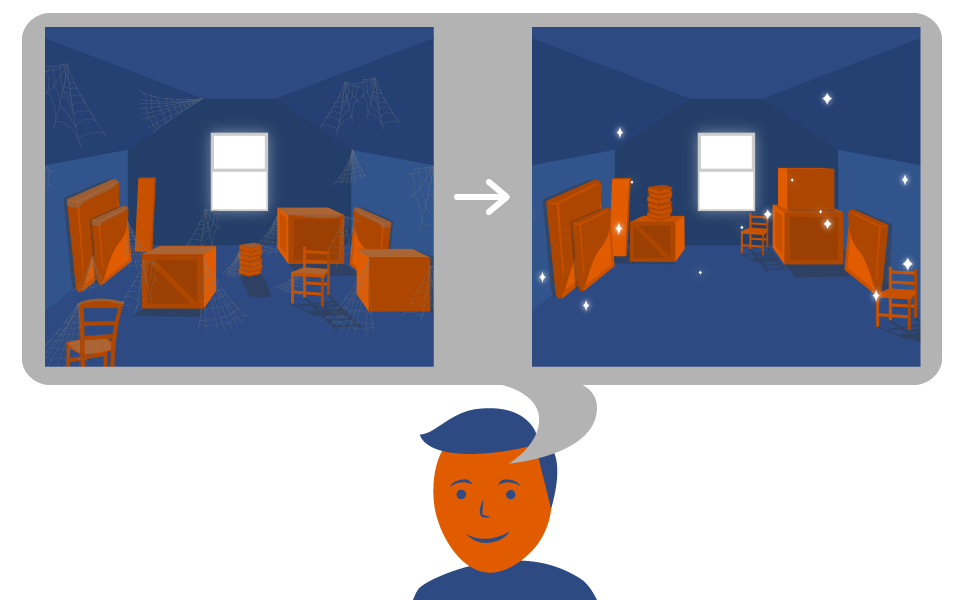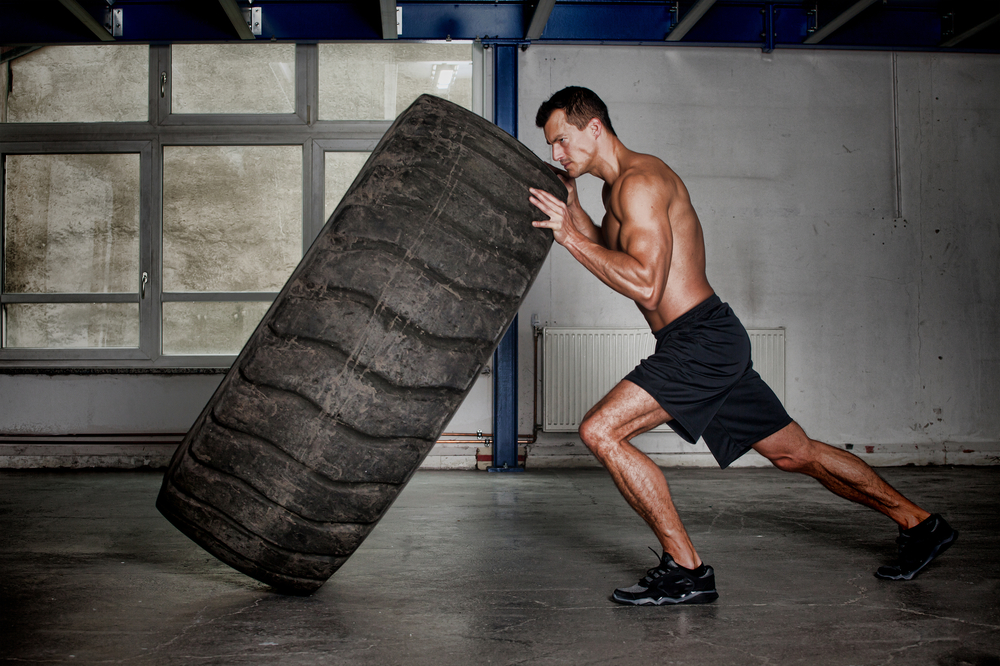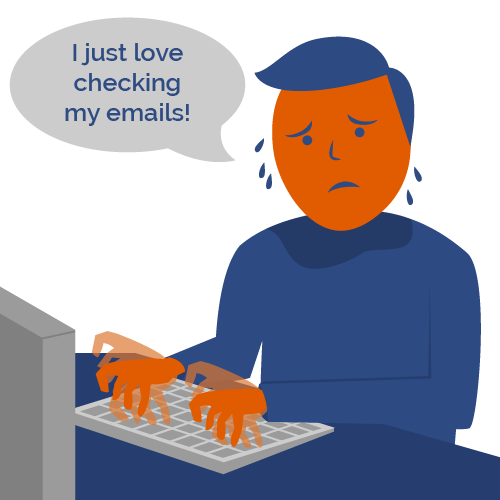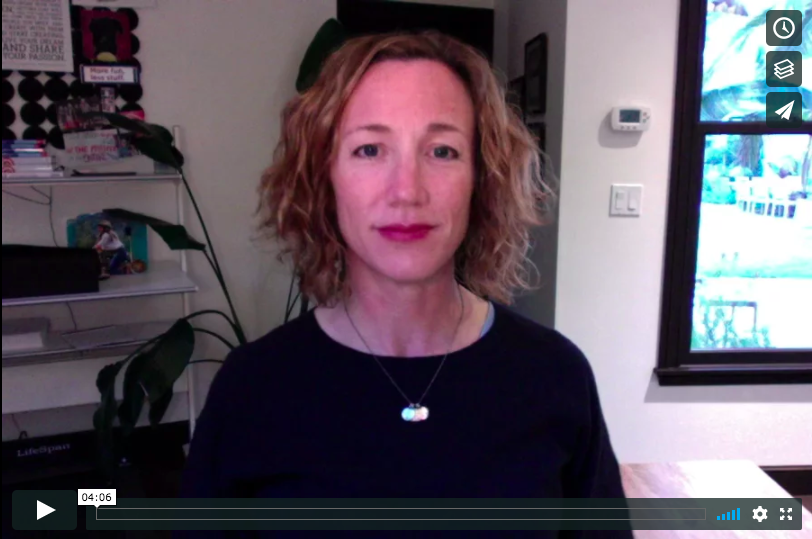Emerson once wrote, “The glory of friendship is not the outstretched hand, nor the kindly smile nor the joy of companionship; it is the spiritual inspiration that comes to one when [we] discover that someone else believes in us and is willing to trust us.” When we are making lifestyle changes, it is best not to go it alone–we need to know who else believes in us, who trusts that the changes we’ve made are going to stick.
And when we changing the way we interact with our devices, we’ll do well to tell our family, friends and co-workers that we are establishing a strategic checking schedule and going through a digital detox.
You don’t have to be the president to need a cabinet of close advisers for advice and inspiration, so surround yourself with people who understand what you’ve been working so hard on, and can support you going forward. I can’t underscore enough how critical this is for success.
The first and most obvious reason that we need a support team is that our friends and family can help hold us accountable, acting as a bit of external willpower when our self-control falters. This is especially important during a digital detox! Our friends know when we are acting addicted to technology again; they can see the timestamp on our emails.
Most of us care what other people think of us, and when we make our intentions public in some way—even if our public is just an inner circle of close friends—our intentions have more power.
Beyond that, other people can keep us on track when we are so depleted that we no longer care what other people think. Our friends can refuse to respond to texts that come after our bedtimes, for example, and they can help us shut our computers down when it is time to take a break.
When we make our intentions public in some way—even if our public is just an inner circle of close friends—our intentions have more power. Click To Tweet
Second, there is a plethora of empirical evidence that we are herd animals, and we typically do what our peers do. (Please don’t think you are the exception to this rule. While I don’t doubt that you are in many ways a maverick, odds are that you also look and act a lot like your peers in many other ways.) Compelling research demonstrates that our behavior is influenced not just by our friends but by our friends’ friends’ friends. Because the behavior of others is highly contagious, we do well when we hang out with people who are already in the types of habits that we are trying to maintain. At a minimum, this means finding people at work who are succeeding at leaving their work at work.
Help is a good thing. Surround yourself with people who want to better themselves.
Tell folks you are working with a productivity expert (that’s me), and she’s coaching you to find more focus, flow and enjoyment at work and in life. You’ll only be checking your email at two or three set times per day. Tell them you expect to be able to respond more thoughtfully to email this way, and that when you’re with them, you’ll be fully present. Perhaps invite them to a smartphone-free lunch.
Worried that people will see you as unresponsive or slacking at work?
Leslie Perlow’s research indicates otherwise; in fact, research suggests that your colleagues will likely notice your increased productivity and see you as more collaborative, efficient, and effective when you reduce constant phone and email monitoring.
This is a recommended practice from a series about gaining control of your time, attention and energy in my online course, The Science of Finding Flow. Learn more about this activity by checking out Unit 3, Detox, The Science of Finding Flow.



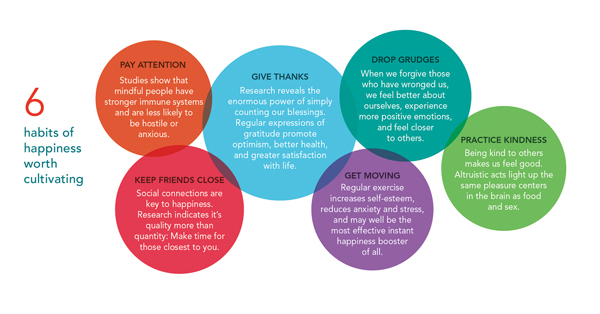
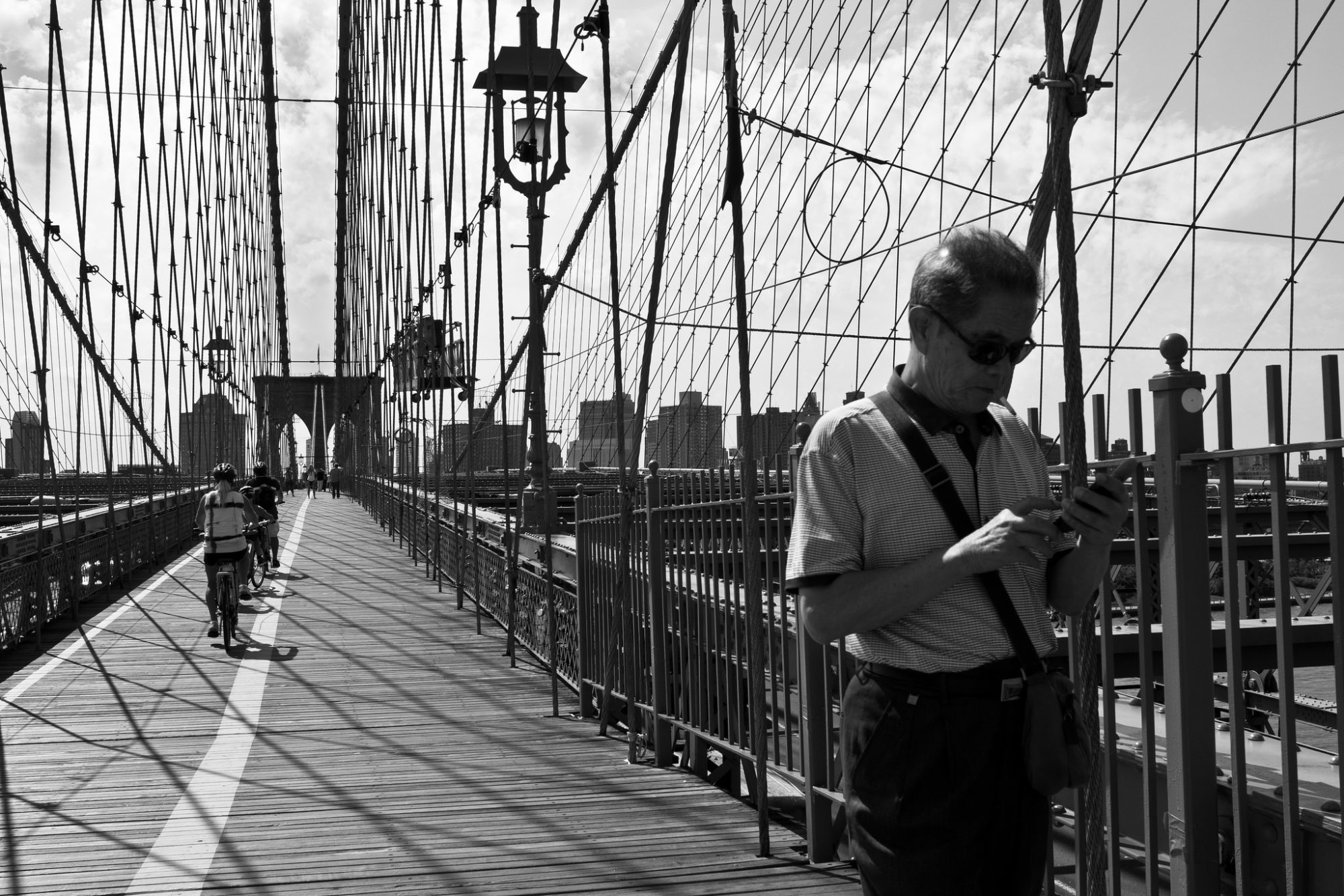
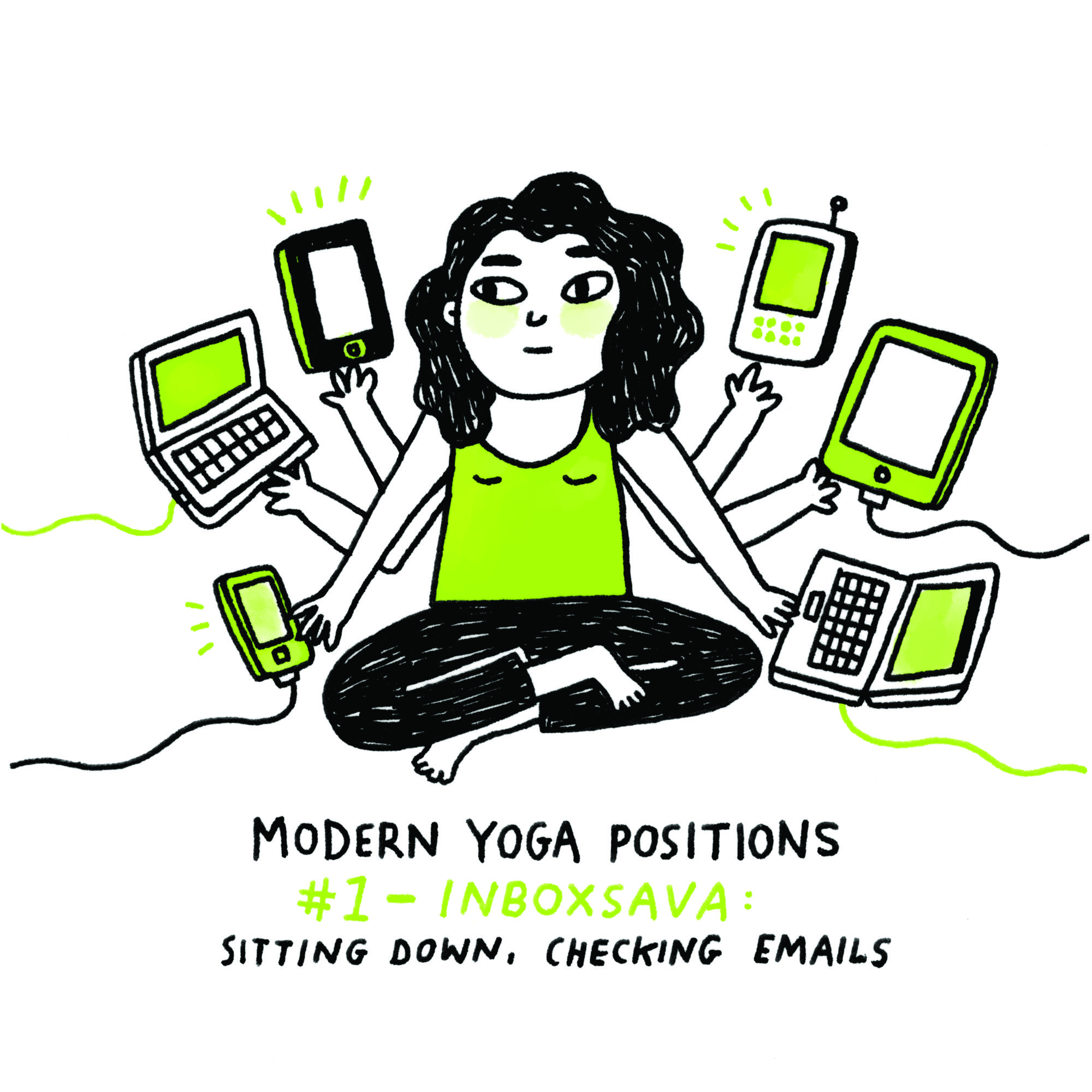 Just because we can take a laptop into the bathroom does not mean that this is a sensible thing to do. (Fecal matter can be found on one in six cell phones. Need I note that this is disgusting?) Similarly, your bed is for sleeping, not for checking Facebook, even though you can. Neither is it safe to text in the car, while driving yourself, nor is it polite if you’re a passenger in a car if the driver is a friend or someone expecting conversation.
Just because we can take a laptop into the bathroom does not mean that this is a sensible thing to do. (Fecal matter can be found on one in six cell phones. Need I note that this is disgusting?) Similarly, your bed is for sleeping, not for checking Facebook, even though you can. Neither is it safe to text in the car, while driving yourself, nor is it polite if you’re a passenger in a car if the driver is a friend or someone expecting conversation.